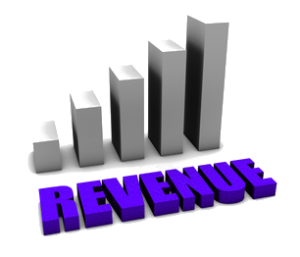Towards the end of last month, the Nigerian National Petroleum Corporation alerted the federal and state governments to its dwindling contribution to the federation account owing to fuel subsidy.
Mele Kyari, Group Managing Director, NNPC had hinted in March that the Federal Government spends up N120 billion monthly on subsidies as the corporation continues to carry the burden of the actual market price. As a result, NNPC wouldn’t make any remittance for the April and May FAAC after paying fuel subsidy from its revenue and can only remit N12.966bn in June after removing fuel subsidy from its income.

With this development, one of the things that comes to mind is the financial sustainability of the state governments- their ability to meet up with their financial obligations with little or no reliance on federal allocation and loans.
According to the Federal Account Allocation Committee and Internally Generated Revenue (IGR) data obtained from the NBS, as of mid-year 2020, only Lagos, Ogun and the FCT showed potential fiscal independence, as their IGRs were higher than the allocations they received.
The total revenue data (FAAC+IGR) revealed that these three states’ Internally Generated Revenue accounted for more than 50 per cent of their total revenue as of mid-year 2020. Lagos- 80 percent, Ogun- 58 percent and the FCT- 52 percent.
Many Nigerian states have long been dependent on federal allocations as a result of low Internally Generated Revenues. Also, with an increasing lack of fiscal responsibility, the debt stocks of all 36 states and the FCT exceeded the Debt Management limit of 50 per cent.
This situation is now being made worse with a crash in revenues realised from crude oil, the nation’s primary export. Hence, it is feared that many states may end up broke, thereby increasing taxes while still unable to pay salaries.
For the states to grow their IGR, it is crucial to understand which sector of the economy should be given much attention and how the tax revenue could be driven without subjecting businesses and individuals to double or excessive taxation.
Also, it is equally necessary for the state governments to discover the likely leakages that should be blocked. An instance is the road taxes in Lagos, where road unions (NURTW) make an estimation of N282.6bn annually from road transport. At the same time, Nigeria Bureau of Statistics (NBS) data on Lagos IGR revealed only about N10bn was generated by the state from road taxes in a year.
More so, it is necessary that state governments begin to cut the cost of governance and reduce the culture of crippling revenue base and the Increasing passion for spending. More importantly, state governments should create values for the taxpayers to serve as encouragement to pay more.